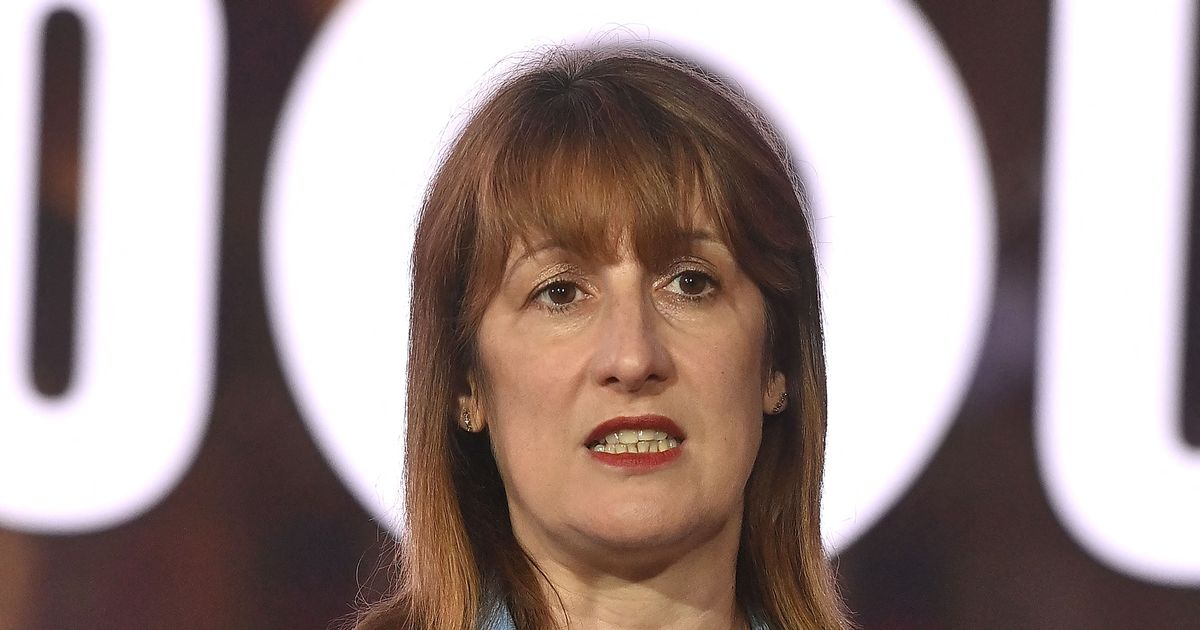Copyright novinite

Will real estate prices rise after the introduction of the euro? Lithuanians asked themselves the same question ten years ago – and today they have a clear answer. According to real estate expert Audrius Gudanavičius, the effect of the new currency depends not so much on the euro itself as on the strength of the economy and investor confidence. Audrius Gudanavičius is a leading figure in the real estate sector, based in Vilnius, Lithuania. As managing director of Capital Commercial, UAB, he oversees the sale, rental, and valuation of commercial real estate. Audrius Gudanavičius is also president of the Lithuanian Real Estate Agencies Association (LNTAA) and a member of the board of the Lithuanian Real Estate Business Association (LNTVA). With extensive experience in entrepreneurship and sector development, he is one of the leading names in the Lithuanian real estate market. On October 31, Audrius Gudanavičius will join the XI National Conference "Inspire to Higher 2025: The Real Estate Market in the Eurozone," organized by the National Real Estate Association (NSNI), where he will share his in-depth knowledge of the eurozone's impact on real estate markets in Central and Eastern Europe, as well as his experience in Lithuania. Mr. Gudanavičius, Lithuania joined the Eurozone in 2015. From your perspective, how did the introduction of the euro influence the property market in Lithuania - both in terms of prices and investor confidence? It helped to boost investor confidence and which a longer term it helped commercial real estate. Residential real estate in Lithuania is pretty much local market, so even though prices went up big time ever since the euro was introduced, but it had more to do with overall economic situation rather thar currency itself. Many Bulgarians fear that adopting the euro will trigger a surge in real estate prices. Did Lithuania experience similar concerns before joining the Eurozone, and how did the actual market developments compare to those fears? We had more fear about everyday goods and services rather than real estate. And in fact that fear had a real base, because the prices for cheaper goods and services did go up almost immediately after the euro was introduced. In real estate we did not see immediate jump because it’s kind of expensive purchase, so it was only due to currency round ups to even numbers. As the Managing Director of Capital Commercial, you’ve witnessed the evolution of both residential and commercial markets. What long-term structural changes did the euro bring to Lithuania’s commercial real estate sector? Stability, lower inflation, price transparency, no exchange rates, it all contributes to investor attraction. That increased activity of foreign and local mutual funds investing in commercial real estate. But again, Euro introduction itself can only bring a certain benefits and will not do magic. In my opinion the basic still lays in economy. In Bulgaria, discussions often focus on foreign investors buying up properties after euro adoption. Did Lithuania see an influx of external capital after 2015, and if so, how did the government and the sector respond to balance foreign and local interests? Commercial real estate yes, residential no, because it’s a local market. Since Bulgaria is a bit different in terms of residential market and the fact that foreigners are buying recreational properties there already, it could bring a bit of an extra boost into this segment. As President of LNTAA, you’ve been deeply involved in promoting professionalism and transparency in the real estate industry. What measures helped Lithuania maintain trust and stability during this major economic transition? I think great preparation and communication job done by Central Bank, commercial banks and Government. Communication is the key here. The transition went really smooth, without any unpleasant surprises. Some analysts argue that euro adoption strengthens financial discipline and investor predictability. From your experience, did it also lead to better access to financing and mortgage conditions for citizens and businesses? In short it did. Interest rates are lower in euros compared to local currencies. How important was communication, both from the government and from professional associations like yours, in countering myths and preventing panic or speculative behavior on the property market? Every country is different. When it comes to real estate, we did not have a public panic nor speculative behavior with Euro introduction expectations. Although public opinion was that after introduction property prices most likely will go up in a long term, people were more worried about everyday goods and services prices in short term after introduction. And as I mentioned, clear communication is the key in this transition. You have also led international ventures, including in Spain. Based on your cross-border experience, how do you see Bulgaria’s real estate potential evolving within the Eurozone framework compared to Western and Baltic markets? I think every market is different. As I mentioned before, my opinion is that in order to have a strong real estate market you need to have strong economy and currency only plays secondary role. However, I believe that with Euro introduction it has more boost that without it. Again, southern countries like Spain attract a lot of tourism and holyday home buyers, and Bulgaria has that potential as well. If properly invested in infrastructure, service quality, medical system quality etc. it has a lot of potential In the context of Central and Eastern Europe, what would you identify as the biggest success story of euro adoption in the real estate sector and what key mistake should Bulgaria avoid repeating? I do not believe in currency playing a major role in real estate. I think our real estate success story has more to do with success story of our economy, to which of course Euro had a positive impact. But Euro itself does not bring that success automatically and example of Latvia shows it. Key mistake would be worrying to much or relaxing too much, thinking that Euro will do magic. Looking ahead, what opportunities do you believe eurozone membership will open for Bulgaria’s real estate professionals - in terms of attracting talent as well as expanding business beyond national borders? I think that main value bringing opportunities is attributed to being in European Union rather than being in Eurozone, but by all means Euro brings extra transparency, simplicity and convenience. Audrius Gudanavičius is a distinguished real estate executive and association leader based in Vilnius, Lithuania. With a robust portfolio of leadership roles, he operates at the intersection of business development, industry advocacy, and international expansion. As Managing Director of Capital Commercial, UAB, Audrius guides a suite of commercial real estate operations, delivering expert services in property sales, leasing, valuation, and more. His entrepreneurial drive is evident through his establishment and management of Crew Spain, a testament to his versatility and global business orientation. Since August 2018, Audrius also leads UAB "NT paslaugų grupė", a company focused on the acquisition and sale of its own real estate assets. Beyond his corporate roles, Audrius is internationally recognized for his contributions to the real estate community: He serves as the President of LNTAA (Lithuanian Association of Real Estate Agencies) in 2013, where he championed professional standards, broker certification, and industry education across Lithuania. As a Board Member of the Lithuanian Association of Real Estate Business(LNTVA) currently, he contributes to sector-wide governance and strategic collaboration. With a blend of executive leadership, entrepreneurial vision, and industry stewardship, Audrius Gudanavičius stands out as a leading voice in Lithuania’s estate landscape.



